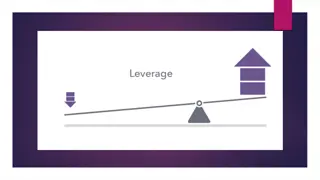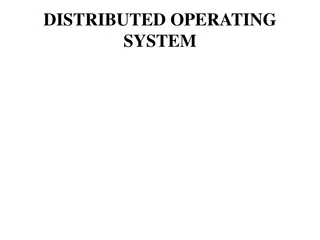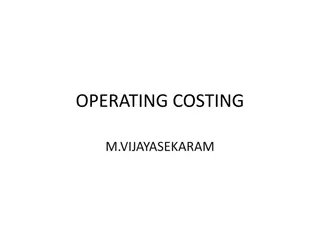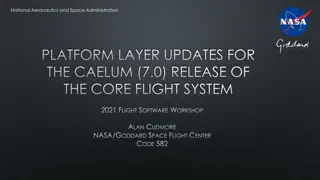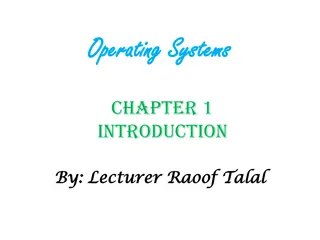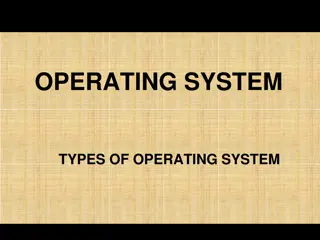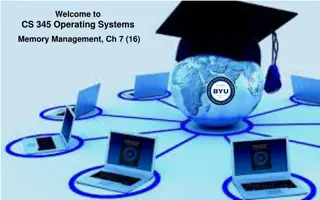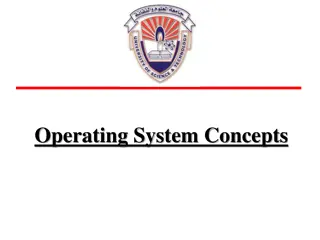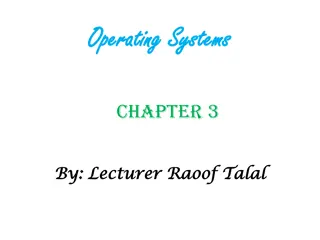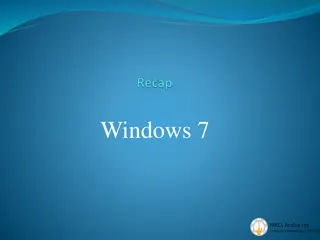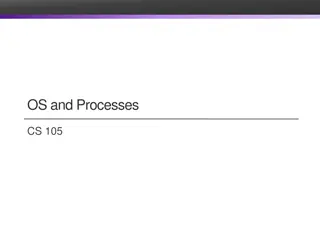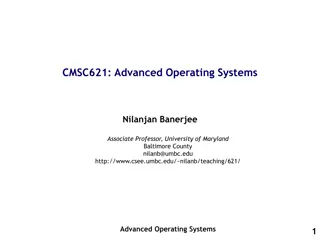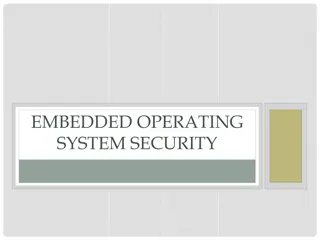Understanding Operating Systems: Basics and Types
An operating system is essential software that manages a computer's hardware and software, allowing users to interact with the computer. Learn about the functions of an operating system, its importance, types available such as Microsoft Windows and macOS, and how they impact different devices. Discover the graphical user interfaces (GUI) that make modern operating systems user-friendly yet distinct in appearance.
Download Presentation

Please find below an Image/Link to download the presentation.
The content on the website is provided AS IS for your information and personal use only. It may not be sold, licensed, or shared on other websites without obtaining consent from the author. Download presentation by click this link. If you encounter any issues during the download, it is possible that the publisher has removed the file from their server.
E N D
Presentation Transcript
AL- MUSTAQBAL UNIVERSITY COLLEGE Computer basics operating system : By NOOR DHYAA
OUTLINES _______________________ 1- What Is An Operating System? 2- Operating System's Job 3- Types Of Operating Systems 4- Microsoft Windows 5- MacOS 6- Operating Systems For Mobile Devices
WHAT IS AN OPERATING SYSTEM? ____________________________ An operating system is the most important software that runs on a computer. It manages the computer's memory and processes, as well as all of its software and hardware. - It also allows you to communicate with the computer without knowing how to speak the computer's language. - Without an operating system, a computer is useless. - -
OPERATING SYSTEM'S JOB _____________________________________ Your computer's operating system (OS) manages all of the software and hardware on the computer. Most of the time, -there are several different computer programs running at the same time, and they all need to access your computer's central processing unit (CPU), memory, and storage. The operating system coordinates all of this to make sure each program gets what it needs.
TYPES OF OPERATING SYSTEMS ___________________________ Operating systems usually come pre-loaded on any computer you buy. Most people use the operating system that comes with their computer, but it's possible to upgrade or even change operating systems. The three most common operating systems for personal computers are : Microsoft Windows, macOS, and Linux. - -
TYPES OF OPERATING SYSTEMS ____________________________ Modern operating systems use a graphical user interface, or GUI. A GUI lets you use your mouse to click icons, buttons, and menus, and everything is clearly displayed on the screen using a combination of graphics and text.
TYPES OF OPERATING SYSTEMS __________________________ Each operating system's GUI has a different look and feel, so if you switch to a different operating system it may seem unfamiliar at first. However, modern operating systems are designed to be easy to use, and most of the basic principles are the same.
MICROSOFT WINDOWS ______________________ Microsoft created the Windows operating system in the mid-1980s. There have been many different versions of Windows, but the most recent ones are Windows 10 (released in 2015), Windows 8 (2012), Windows 7 (2009), and Windows Vista (2007). Windows comes preloaded on most new PCs, which helps to make it the most popular operating system in the world.
MAC-OS _____________________ - macOS (previously called OS X) is a line of operating systems created by Apple. - It comes preloaded on all Macintosh computers, or Macs
OPERATING SYSTEMS FOR MOBILE DEVICES ______________________________ The operating systems we've been talking about so far were designed to run on desktop and laptop computers. Mobile devices such as phones, tablet computers, and MP3 players are different from desktop and laptop computers, -so they run operating systems that are designed specifically for mobile devices - Examples of mobile operating systems include Apple iOS and Google Android

 undefined
undefined









